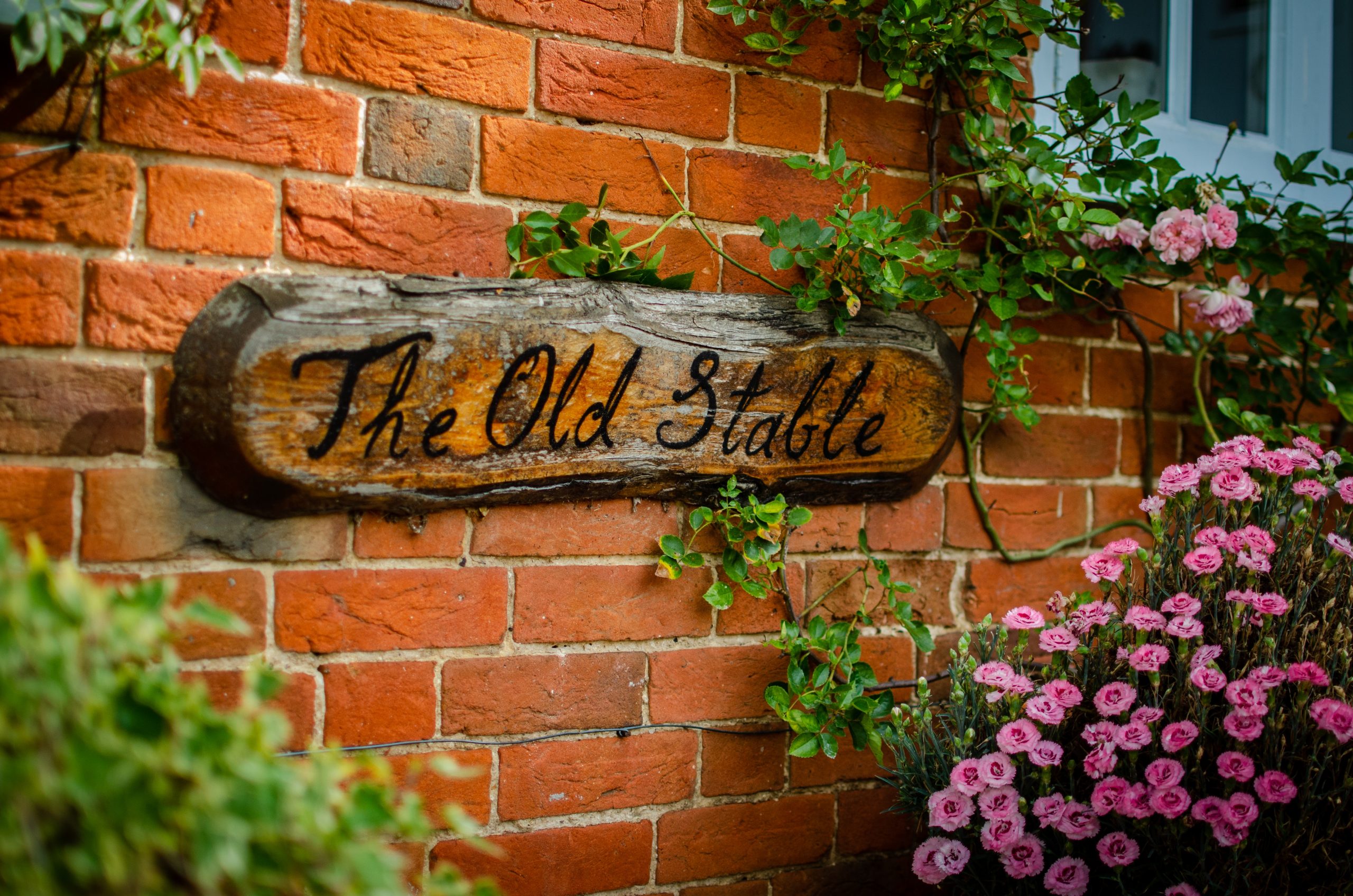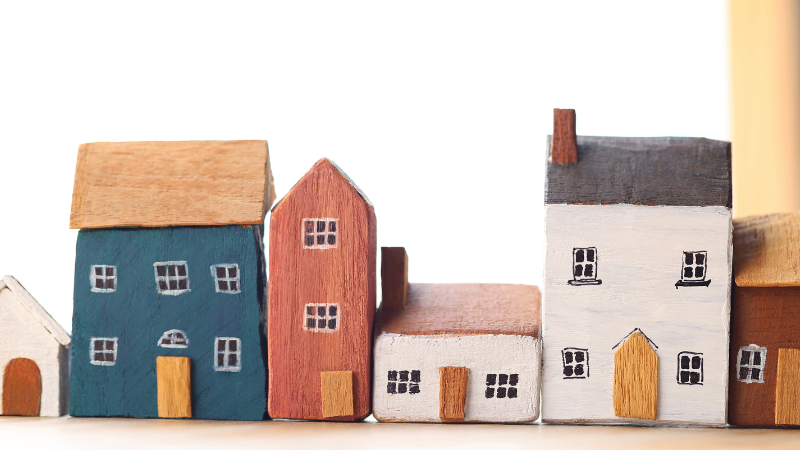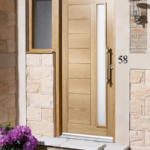What’s in a name? When it comes to houses, technically, the answer is: not very much. Most homeowners in the UK get by just fine with a number and a street name. Their post arrives at the right address, taxis turn up on time, and house-guests are able to reach their front door with ease. But a substantial minority of us give our homes a name – either because they had names when we moved in, or because we’ve come up with one ourselves.
This isn’t a new idea. For most of history, houses in Britain have had names (or vague descriptions) rather than numbers. It wasn’t until the 18th century that house numbering came to be widespread – and even then, the practice wasn’t regulated by any central authority. This only came in 1855 with the introduction of the Metropolitan Management Act. This made possible the modern world of logistics and made it possible for the government to keep a comprehensible (and comprehensive) record of where everyone in the country lived.
But there’s something a little bit special about a house with a name – especially if the home in question has sentimental value. Here, we’ll delve deeper into the thorny topic of house-names, and see how you might go about changing yours. We’ll start by asking whether changing your house-name is possible.
Can A House Name Be Changed?
For most of us, changing a house’s name is perfectly possible. However, there are exceptions, as your local authority might have rules governing house naming. You will still need to display your house’s number prominently on the front, and it will still form part of your address line. So, a house name isn’t a substitute for a number, but a supplement for one. Technically, in this instance the house name wouldn’t be an ‘official’ part of the address line: it’s just something you’re instructing your correspondents to add to the top of incoming mail, and possibly a sign that you’re hanging around the front of your home.
Changing a house’s name will incur a small administrative fee, typically in the region of £40 – though, as we’ll see, this cost can more than pay for itself by bolstering the property’s value.
How to Change my House Name
If you’re a house without a number, but which already has a name, then you’ll almost certainly need the permission of your local council. You may also need to notify the Royal Mail, as they’ll need to update your property’s name on their databases. In most cases, your council will take care of this for you – and they’ll also keep the emergency services informed.
The Royal Mail has a special department called the Address Maintenance Unit to deal with this. You’ll need to check with them whether the new name is acceptable. If it isn’t, you’ll need to either choose another one or stick with the status quo.
How to Choose a House Name

Now that we’ve got the administrative stuff clarified, we can think about what we’re going to name the house.
Obviously, obscene or inflammatory names are unlikely to be approved. The same goes for names which are the same (or similar to) those of other houses in the same area. While there might not be anything objectionable about ‘Apple Tree Cottage’, having multiple ‘Apple Tree Cottages’ on the same street would create a major headache for postal workers and emergency services.
Certain sorts of names come with prestige that will add to their market value: some homebuyers are looking for something that they perceive to be prestigious or valuable. Giving a home a swanky-sounding title like “Crown House” or “Royal Castle” might make the difference of thousands of pounds when you come to sell up.
Of course, there’s only so much you can achieve with this sort of marketing. You’re not going to convince anyone that your bungalow is a palace simply by declaring it so. In fact, the attempt might even have the opposite effect, as it will draw attention to the home’s shortcomings.
Many people choose to rename their homes for reasons that have nothing to do with marketing or money: they simply have a sentimental name for the place, and they’d like their preference to be immortalised on the land registry. If you enjoy certain films, books or television programmes, then naming your home in tribute might work: Toad Hall, The Burrow, Bag End, Casterly Rock – they’re all worthy options.
Some of the best house-names are those which reflect the location and the shape of the building. If your house is made from red bricks, then calling it ‘Red Brick House’ might be an obvious way forward. Local geography, like hills, forests and rivers, might also provide inspiration.
On the other hand, you might opt for something completely off-the-wall, like “Metallica Rules” or “Bacon Sandwich”. Your Local Council may simply reject these, as there isn’t such a thing as the right to alter the address register to suit your taste. Moreover, just as prestigious names can make it easier to sell a house, one that’s too quirky can make it difficult to offload. Even if you intend to live out your days in the building, you should still be aware that you’re effectively passing on less to your inheritors.
Another option is to name your house after yourself. That is if you’re comfortable following the footsteps of Bruce Wayne, Monty Burns, and Lucius Malfoy. Naturally, this will also affect the resale price of the house, as your buyers probably won’t have the same name as you.
So what’s the most popular house-name in the UK? As of 2015, the honour goes to ‘Orchard’, at just over 11,900 houses. Meadow and Rose Cottage are in second and third place, with 11,473 and 11,308 houses respectively. This is according to the Royal Mail’s own figures.
In Conclusion
Changing a property’s name (or giving it one in the first place) is a great way to add character to the place. In many cases, the decision can pay for itself in the value it will add to your property, and it involves just a little bit of work. Choose your house’s name carefully, however, as a poor name can have the opposite effect to the one you’re after!





